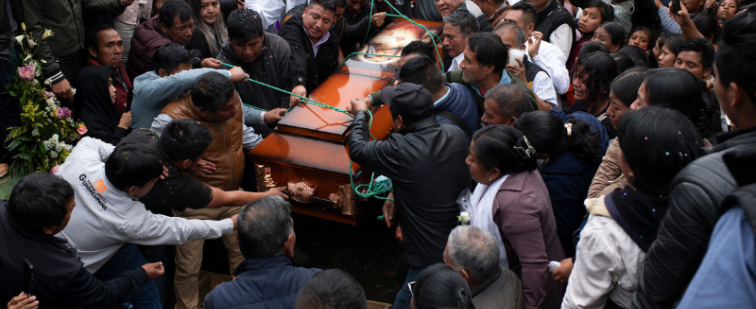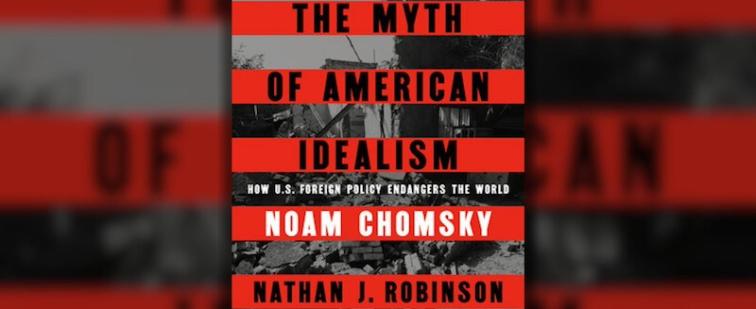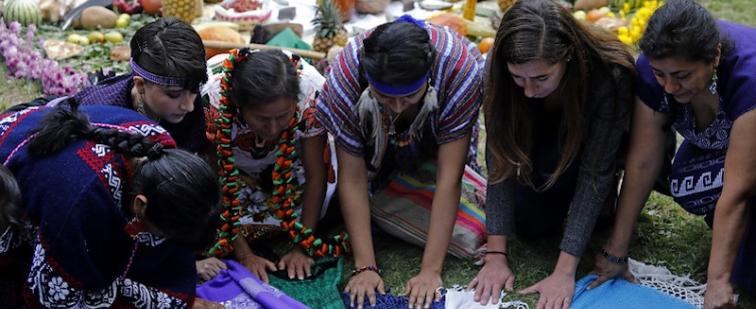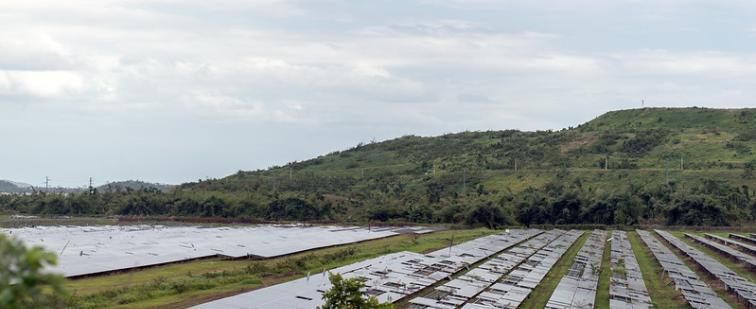Home
The national strike declared on August 29 against neoliberal policies by the Central Unitaria de Trabajadores (CUT), Chile’s main labor union, left more than 300 detained and hundreds injured throughout the country. And yet, only one of the protestors received a public apology from a chief of police: Socialist senator, Alejandro Navarro.
In the 1570s, a physician named Francisco Hernández led the first colonial scientific expedition to the New World. He traveled Mexico collecting plants that might prove valuable in curing European diseases. Since Hernández was clueless when it came to the properties of local plant species, he depended on knowledgeable indigenous healers who guided him to medicinal plants.
Indigenous forms of imparting justice in Guatemala have become a point of controversy between Mayan communities and the government. This article is the first of three in-depth reports by Lucía Escobar into Mayan community justice, its norms, its values, and its controversies.
On Monday August 20, a three-judge panel of the Eleventh Circuit Court of Appeals in Atlanta heard the case of the Cuban Five for the third time. In August 2005, a similar three-judge panel of the same court had unanimously overturned all of the Five's convictions and ordered a new trial. In 2006, after the direct intervention of U.S. Attorney General Alberto Gonzalez, the full panel of that Court reinstated the Five's convictions.
After barely averting a cut in funding by a six vote margin in Congress and becoming a focus of widespread criticism for its lack of transparency, the SOA/WHINSEC is once again making headlines due to crimes committed by its graduates.
Last Thursday, we lost a friend and comrade in the quest for social justice and solidarity in the Americas. After almost 25 years of operation, the Minneapolis-based Resource Center of the Americas was forced to close its doors despite years of reluctant and painful lay-offs and budget cuts. All of us at NACLA are heartbroken by the news.
On August 16, the Resource Center of the Americas announced that it was closing its doors "due to continuing and insurmountable financial challenges." The Resource Center, the Bookstore of the Americas and the cafe (operated by La Loma) all closed. The decision was reached at an emergency board meeting in the morning, and staff was notified at a special meeting immediately following the board meeting.
Inside the BAUEN Hotel, one of Argentina's worker-run workplaces, janitors, repairmen, receptionists and maids sit in an assembly with worried but determined faces and sheets of paper in hand. Each of the workers, some of whom have been working at the hotel since it was built in 1978, hold a court ordered eviction notice, a judicial document notifying the workers they must abandon the hotel or police will force them to leave.
On the outskirts of Guatemala City the body of an 18-year-old woman of indigenous ethnicity was recently discovered by her frantic parents who had been searching long and hard. Forensic evidence showed that she had been repeatedly raped and tortured and that her head had been severed from her body with a blunt knife while she was still alive.
The world was stunned when it woke on New Year’s Day 1994 to news of an armed uprising in the mountains of Mexico. In an era of supposed global prosperity and stability, pundits were baffled revolutionary movements still existed. But by the time the masked Zapatista rebels left the jungle to make their international debut, the first revolution of the Zapatista Army of National Liberation (EZLN) had actually already occurred.











